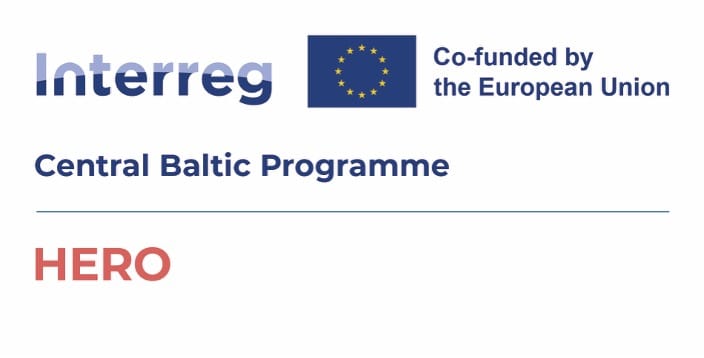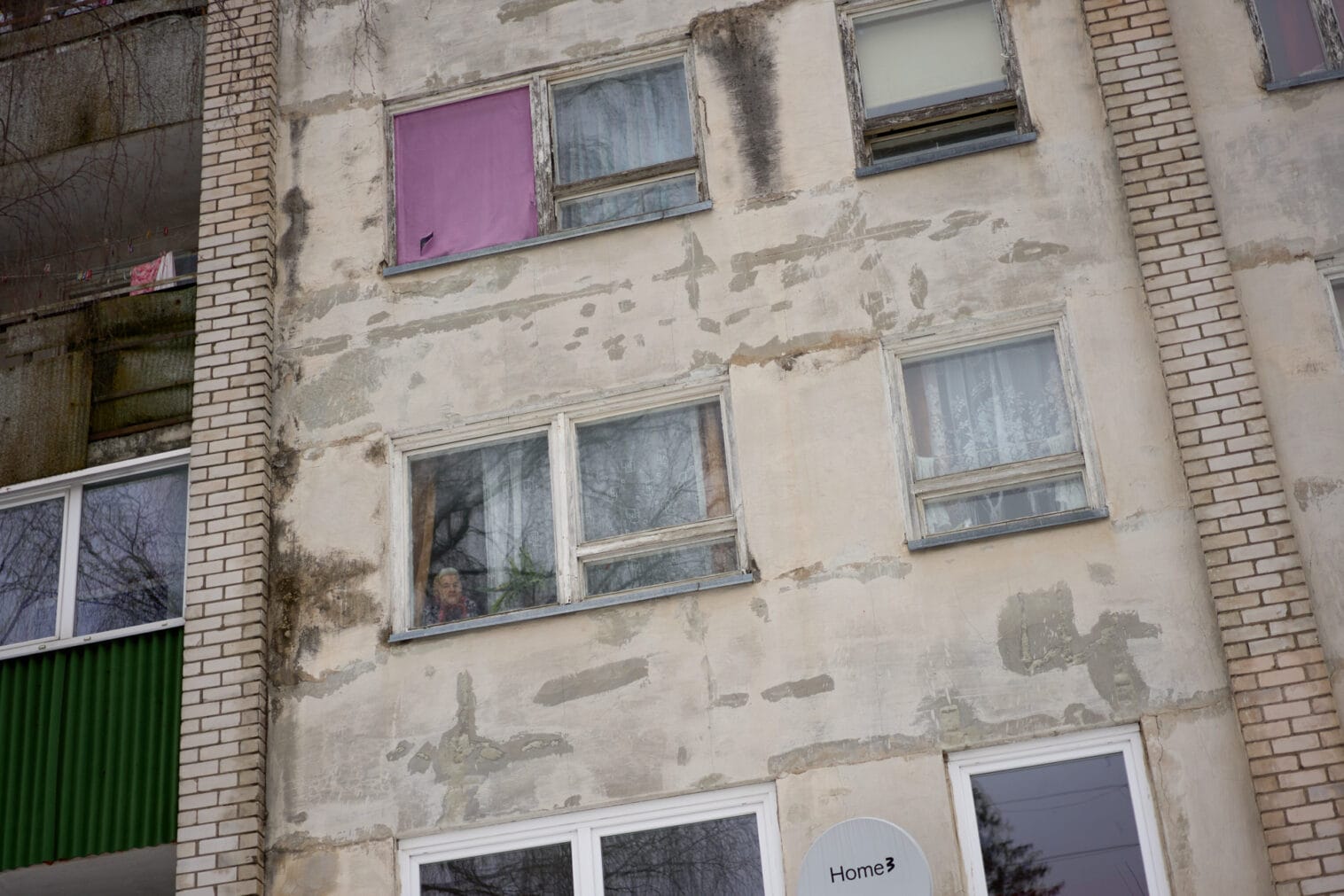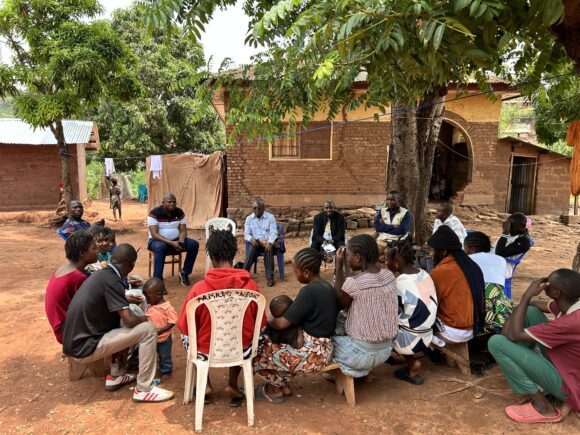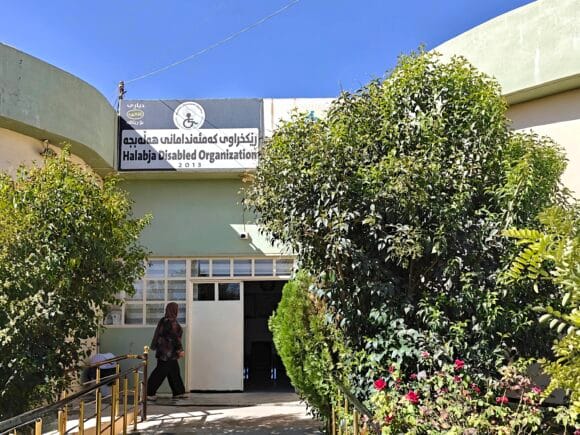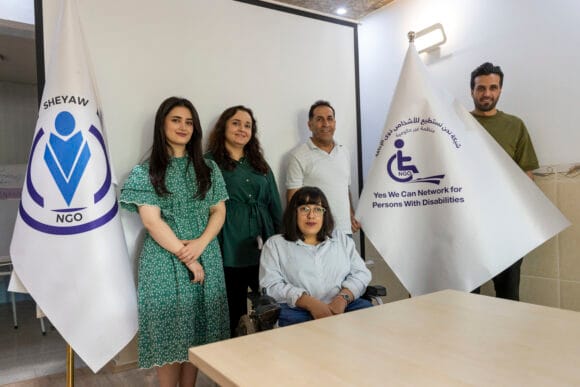Fida has launched a new EU-funded project aimed at creating pathways to employment for Roma communities in Latvia and Finland.
In Latvia, approximately 70% of Roma are unemployed, and only 17% have completed education beyond the basic level. Discrimination, social challenges and low literacy make entering the job market extremely difficult.
– For years, we’ve dreamed of offering Roma the opportunity to gain skills and move toward employment, says Keijo Baltzar, Fida’s project coordinator, who has long worked with Roma communities in Latvia.
In May 2025, Fida and the Valmiera Development Agency launched the HERO project (Helping to Empower Roma), which focuses on the Roma community in the municipality of Aloja, Latvia, and the Lahti region in Finland. It is the first EU-funded project in Latvia that specifically targets Roma inclusion.
Together with the Elämä ja Valo (Life and Light) association, Fida has worked under the name Yhdelle Vähimmistä (“For One of the Least”) in Roma communities across 13 countries in Eastern and Southeastern Europe. Requests for this kind of support model have come from many of these countries.
– This model has been carefully designed to meet the real needs of Roma communities. Now it feels like our prayers have been answered, we are finally in motion. We hope this model can eventually be replicated in other countries as well, Baltzar states.
Equality still out of reach
The tailored training programme developed in the HERO project addresses the specific needs of individuals. It includes life and financial skills, literacy and numeracy, job readiness, and practical training such as woodworking and sewing workshops.
Although Latvian law guarantees equal rights for all, the reality is different.
– Roma people clearly have fewer opportunities than the majority population. Prejudice and stereotypes prevent them from progressing. In many cases, Roma are never even given a real chance, which feeds the false perception that they are not capable of participating in working life or society, Baltzar explains.
A major barrier is low education levels. Many Roma families live below the poverty line, and children are often expected to contribute to the family’s survival rather than attend school.
– When survival is the focus, especially in rural communities, it’s easy for parents to lose motivation to educate their children, Baltzar notes.
Tailored support that works
According to Baltzar, it’s essential to acknowledge that learners come from different starting points. That’s why the training must include individual support and flexibility.
– I’ve seen firsthand why many Roma don’t make it to school or work. It’s not about ability, it’s about circumstances. I know this from experience. School was difficult for me, and I’ve always needed adapted learning paths. That’s why I understand what needs to be considered in designing this kind of education.
– It’s also important to respond to the community’s everyday needs. In this project, we provide participants with daily meals, including food to take home. If a family doesn’t know where their next meal is coming from, education can’t be the priority.
Encouraging signs of progress
n Latvia, the training base is a community centre purchased in 2022 by Elämä ja Valo and refurbished with Fida’s support in the Roma village of Aloja. The centre is not only a learning space but also a hub for community gatherings, pastoral care, and daily support. It also hosts church and outreach work led by the Valmiera Pentecostal Church.
– I believe this project will benefit the entire municipality, not just the Roma community. As more Roma enter working life, reliance on social services will decrease, says Baltzar.
The region of Valmiera and the village of Aloja were selected as target areas because Fida has worked there for about 13 years with encouraging results, particularly in improving youth motivation for education and employment.
– Through the “Toivon kipinä” (“Spark of Hope”) campaign, we’ve supported many young people in the area. Many have completed vocational education and found employment. When given a chance to show what they can do, they’ve succeeded. We’ve helped train a chef, an interior artisan, a forestry machine operator, and a hairdresser.
Baltzar is confident that the HERO project will also have a long-term positive impact. The local social services have responded supportively, and cooperation has started well.
After the training, participants complete a three-month internship in local businesses. The aim is to provide hands-on work experience and improve participants’ chances of securing long-term employment.
– We’ve already mapped out potential internship placements, and thanks to Valmiera Development Agency’s excellent network, new doors are opening for us.
Challenges also in Lahti, Finland
HERO also enables cross-border collaboration and shared solutions. The same training model is implemented in the Lahti region of Finland, where Roma communities also face employment challenges, even though no official data exists on the impact of ethnicity on employment.
– Earlier this year, we tried to arrange internships for several young Roma who were graduating in fields like accounting and business administration. None of them received a placement. In many cases, employers backed out as soon as they heard the applicant’s name and realised they were Roma, Baltzar says.
This project is about restoring human dignity and identity. When a young person starts to believe they are capable and full of potential, that carries far.
– Keijo Baltzar, project coordinator
At the same time, Baltzar, who has worked in youth outreach in the Päijät-Häme region for many years, has also seen a more hopeful reality.
– When Roma youth have been given internship opportunities, they’ve often turned out to be the best employees. When given a chance, they prove their value.
Baltzar believes that genuine, personal engagement and supported pathways can change the way people see themselves and their future.
– We pray that this work will truly bear fruit. At its core, this project is about restoring human dignity and identity. When a young person starts to believe they are capable and full of potential, that carries far. I truly believe this project will have lasting and meaningful results.
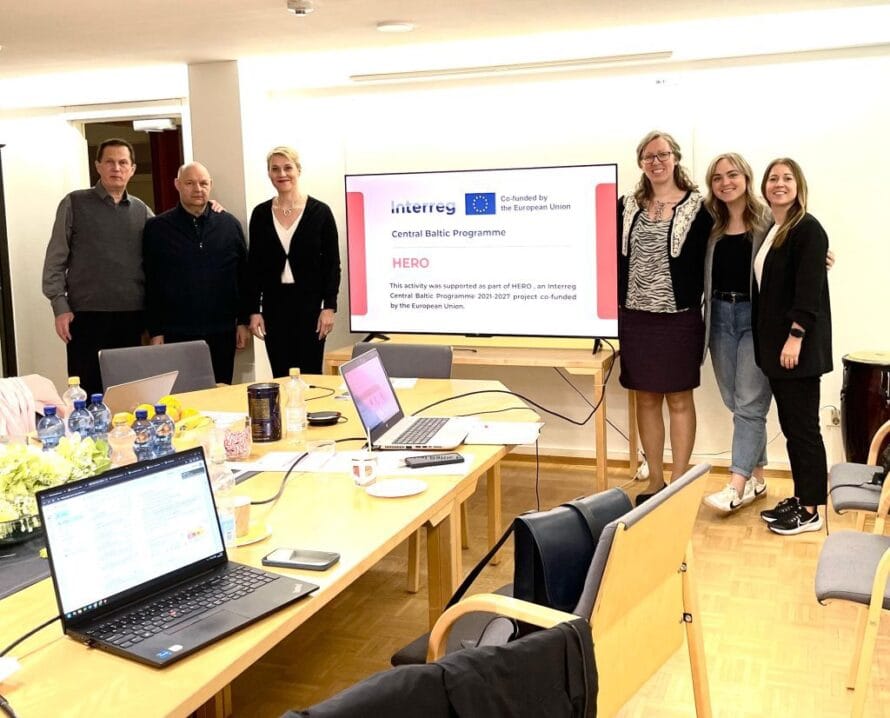

——-
Fida serves as the lead partner of the project. In Latvia, the main partner is the Valmiera Development Agency.
This activity was supported as part of HERO, an Interreg Central Baltic Programme 2021-2027 project co-funded by the European Union.
